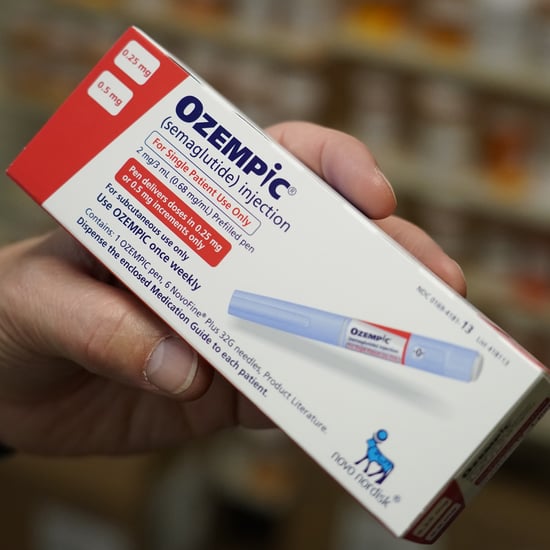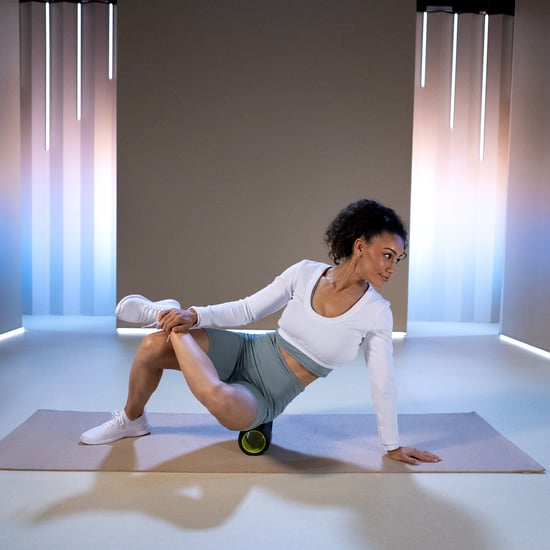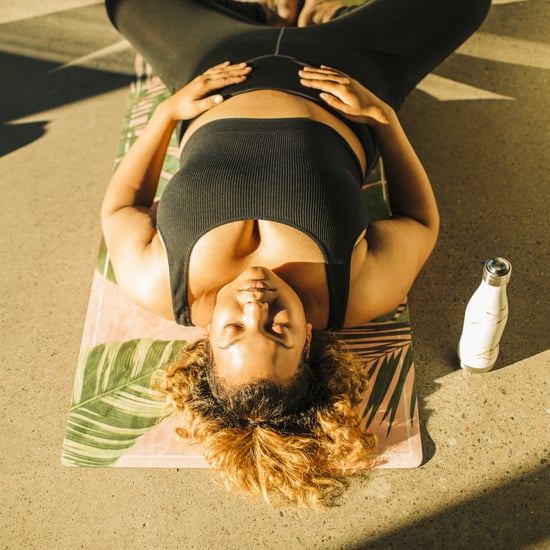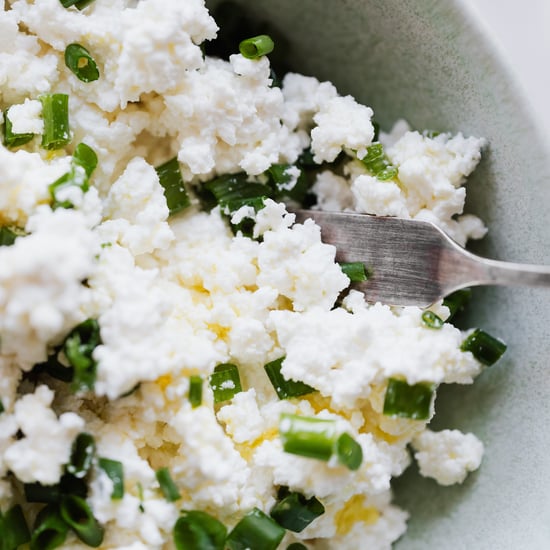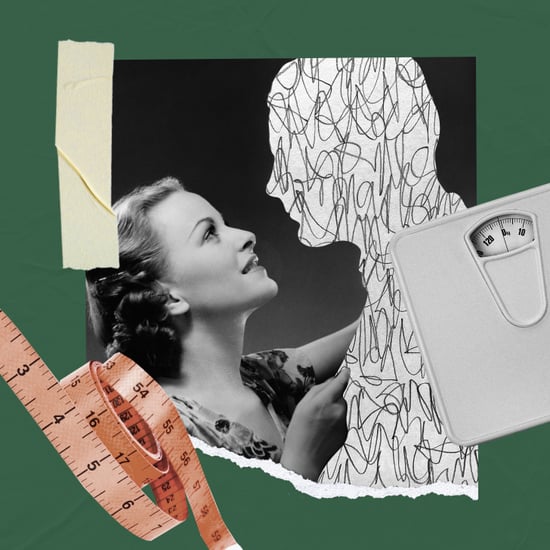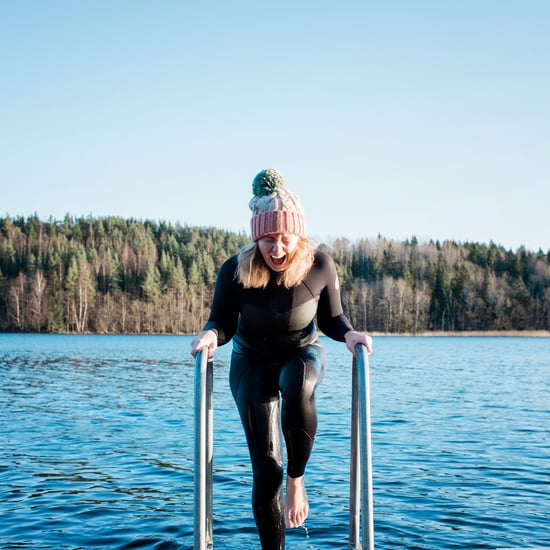Can You Eat Anything After a Workout and Lose Weight?
Does "Afterburn" Mean You Can Eat Anything Post-Workout and Still Lose Weight? Experts Explain
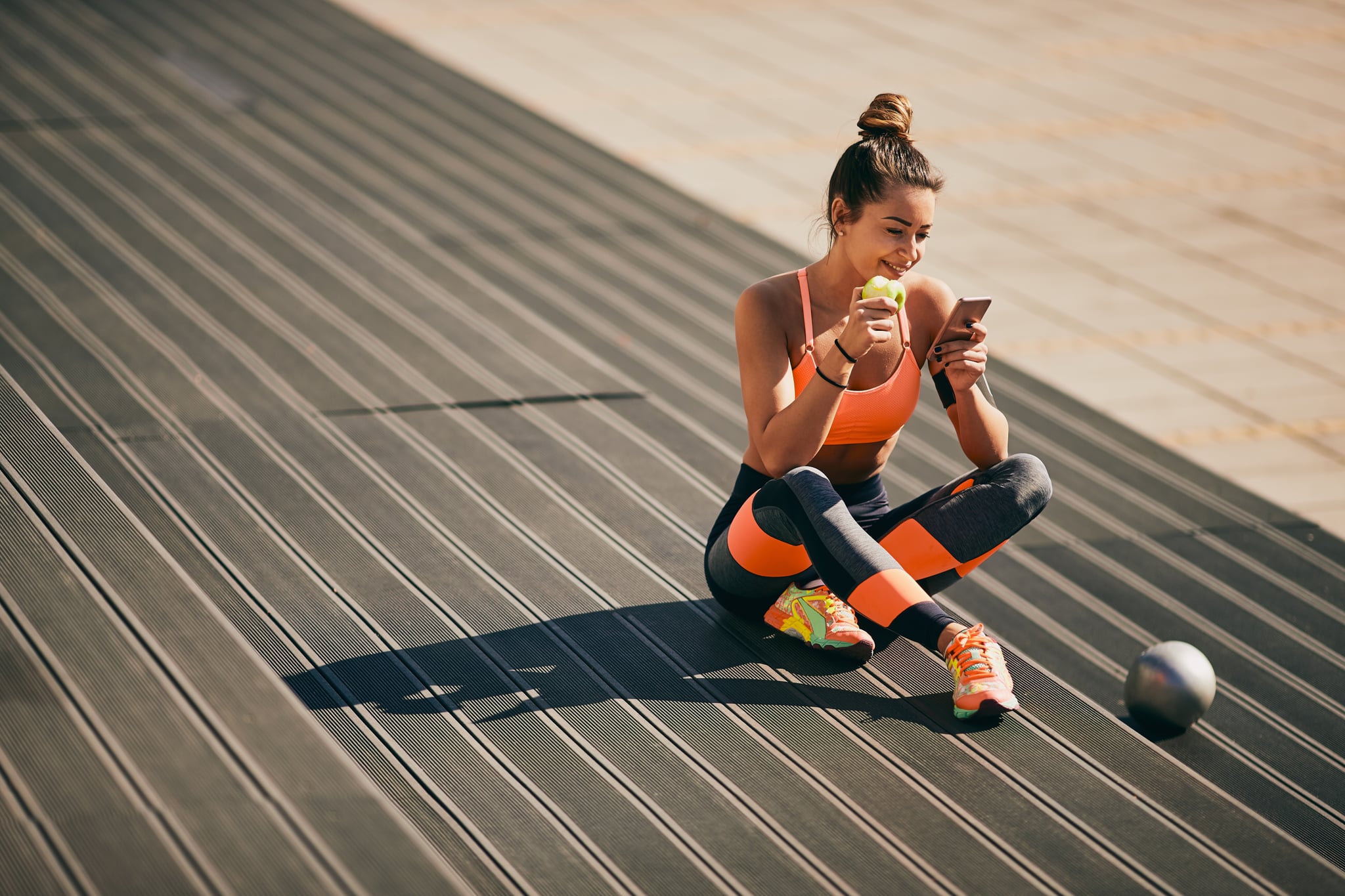
There's a misconception that you can eat pretty much anything after a workout and it won't affect you in terms of weight loss. That's not quite true, but you can see where it comes from: It actually is recommended you eat some carbs and protein after a workout to replenish your energy stores and encourage muscle growth, and you do have a specific window where that fuel will be most helpful. You should eat after a workout regardless of your fitness goals, but it's not because of this anything-goes, calories-don't-count-because-I-worked-out idea of an "afterburn" effect. We talked to two experts to figure out what's actually going on.
Can You Eat Any Food After a Workout and Lose Weight?
If you want to lose weight, no, you probably shouldn't just eat anything and everything right after a workout, said Melissa Romero, MS, a registered dieitian and NASM-certified personal trainer at the Northwestern Medicine Kishwaukee Health and Wellness Centre in Illinois. Burning more calories than you consume isn't the only factor that goes into losing weight (age and hormones play a part as well), but it's true that eating high-calorie, not-so-nutritional food won't get you the best results. You might burn 250 calories in a workout, Melissa explained, "but then you got an eat a 400-calorie brownie or an extra slice of pizza. So your calories consumed are ultimately going to exceed those that you burned," making weight loss difficult.
That's true even when you consider things like the EPOC effect (excess postexercise oxygen consumption), which says that you continue to burn calories after a difficult workout. "After you work out, your resting energy expenditure does go up, so your muscles are using more energy," said Linda Nguyen, MD, a gastroenterologist with Stanford Health Care. "But what you eat still goes into that energy balance."
The higher resting calorie burn doesn't mean that your body automatically uses up any calories you eat after a workout, Dr. Nguyen explained. "They're still calories that go into the equation of calories in, calories out," meaning that they can still, potentially, contribute to weight gain.
What Should You Eat After a Workout For Weight Loss?
That doesn't mean that you shouldn't eat anything after a workout if you're trying to lose weight. For intense workouts that last for 30 to 60 minutes, Romero said, "you have about a 30-minute window after the exercise to consume, ideally, some carbohydrates and protein." That window fluctuates depending on who you ask (some dietitians say you can wait up to an hour and half to eat) but the rationale is the same.
Eating carbs helps to replenish your glycogen stores, which is where your body stores the glucose it gets from carbs. That keeps your energy up and may help you avoid overeating or endless snacking later in the day. The protein helps you build muscle, which boosts your metabolism and helps you burn more calories at rest. In the long run, therefore, a healthy post-workout snack can actually help you lose weight.
Romero recommended a carb to protein ratio of 3:1 for your post-exercise snack. Try foods like:
- A piece of fruit with nut butter
- Whole wheat crackers with cheese
- A protein bar or shake (try one of these low-carb protein bars we like for weight loss)
You can and should eat after a workout, but if you're looking to lose weight, try to avoid using it as an excuse to eat unhealthy foods that might hinder your results (think processed snacks and high-sugar products). Instead, look for healthy, filling post-workout snacks or meals that'll fill you up, help you recover, and aid in whatever fitness goals you have, weight loss included.

